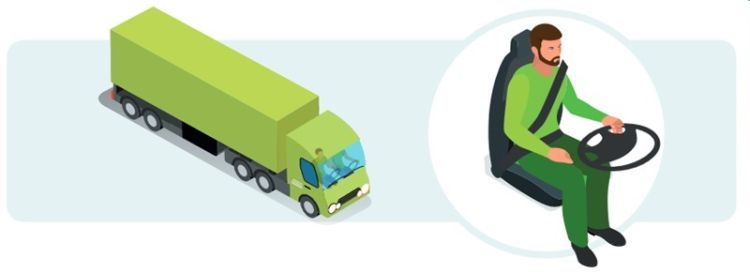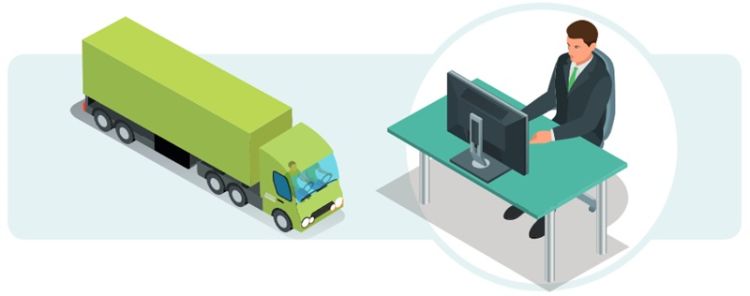Europe on the Move: Modernizing the fundaments of European transportation
Tue, 20/02/2018 - 10:15
News & Events
The first initiatives specifically dedicated to road transport were presented by the European Commission and included a package of measures designed to redefine European mobility and transportation.

- Make traffic safer
- Reduce CO2 emissions, air pollution and congestion
- Encourage smart road charging
- Cut red-tape for businesses
- Fight illicit employment
- Ensure proper conditions and rest times for workers
The long-term benefits of these measures will extend far beyond the transport sector, promoting growth and job creation, strengthening social equality, broadening consumer choices and firmly putting Europe on the road to achieving zero emissions.
At the mobility level, the initiatives promote solutions that will enable citizens and businesses to travel with greater ease across Europe. For example, a proposal to increase compatibility between toll systems, which will allow road users to drive throughout the EU without the inconvenience of different administrative formalities. Common specifications for public transport data will also allow passengers to better plan each journey and optimize their route, even if it means crossing an international border.
The initiatives already announced will be followed by other proposals from Brussels, for example on post-2020 emission standards for passenger cars, light commercial vehicles and for the first time heavy-duty vehicles.
The European Union has a unique opportunity to lead the world in the modernization of road transport.
What’s in the package for truck drivers and companies?
All the new rules proposed by the Commission for road transport are interlinked. Cabotage, social rights, the minimum wage, rest periods and other proposals aim to create a more coherent and efficient road transport sector, whilst respecting workers’ rights.
So what's in the package for truck drivers and companies?
I am a truck driver, what’s in it for me?

CABOTAGE
Simpler rules mean less paperwork, less hassle at checkpoints and less risk of my truck being held; all adding up to a less stressful working day.
REST TIME
Now I will be able to plan my own weekly rest periods in a way that allows me to spend more time at home. I won’t have to sleep in the cab when I have to take a rest period of 45 hours and my accommodation will be paid for.
POSTING
Finally, I will clearly understand what pay I should get when I work abroad. I will continue to enjoy the benefits of posting but with clearer rules throughout the EU, I have improved guarantees that these benefits will be applied to me.
I am a truck company, what’s in it for me?

CABOTAGE
More flexible rules mean more efficient transport. I won’t be running my trucks and paying my drivers when they have no cargo on board.
REST TIME
Finally, the EU regulations reflect practices in the sector. Now I know that when I send my drivers on long international journeys, they will be able to return to base after a maximum of 3 weeks and enjoy time with their families.
POSTING
If there is one thing that is bad for business, it’s too much red tape. Of course, I respect national minimum wages as long as I am not burdened with unnecessary administrative and checkpoint bureaucracy. Certainty will provide clarity and really make running my company much easier.Source:
European Commission
Fact sheets Road Initiatives for Drivers
Post tags:
- Europe on the Move
- Europe's automotive industry on the move
- Road transportation
- Fleet management
- Road transport regulation

